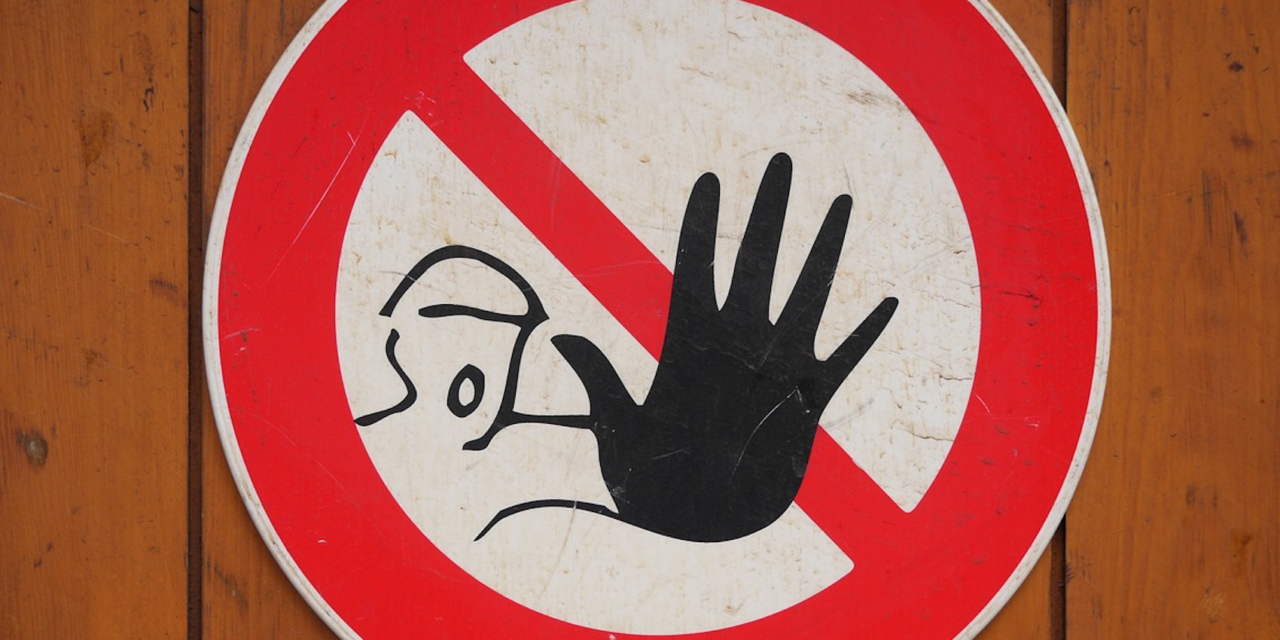The North Carolina Department of Health and Human Services (NCDHHS) puts out a lot of press releases every month, but, on Wednesday, July 19, the department sent out a particularly unusual one.
This press release instructed reporters across the state to stop using the word “daycare,” saying that the term is “antiquated” and doesn’t accurately reflect the service provided and, also, because “nobody cares for days.”
Technically, it wasn’t a press release meant for public consumption, but instead a “Memo to the Media from NCDHHS: Shifting Language From Day Care to Child Care.”
Here’s how the message starts, “Are you still using ‘day care’ or “daycare” in news articles and headlines about early childhood education or child care? If so, the North Carolina Department of Health and Human Services asks journalists to update their language.”
The memo goes on to say that “’daycare” is “an antiquated term that doesn’t define what children experience or what early childhood teachers provide. At best, it’s inaccurate — nobody cares for days — and at worst, it ignores the science of healthy development at the expense of young children, their families and early childhood teachers.”
One could, alternatively, argue that “daycare” can be read as “care during the day” rather than “care for days” – not to mention that some people do care for days: calendar makers, for one.
Regardless, NCDHHS is pretty adamant about the change.
The memo provides a long passage on “the importance of children’s earliest years and the value of quality early childhood education provided by skilled teachers.”
The memo from the state’s social services officials points out that using new language to reflect new social norms is common. Rehabilitation centers, for instance, were once called “convalescent homes,” and schools for the deaf and hard of hearing were once called “schools for the deaf and dumb. ” Also, academic support programs were once called “remedial classes,” and children’s homes were once called “orphanages.”
State officials say the updated terms have helped to reduce stigma, and they have had “a positive impact on well-being, provide clearer and contemporary understanding and promote dignity and respect.”
That may be true of those terms, but “daycare” doesn’t really seem to have the same pejorative nature as some other antiquated terms. But state officials apparently think so because the department is taking this very seriously.
“Given the science of early brain development and the trained early childhood teachers who advance child development, “ the memo states. “it is imperative the words used to describe what children experience — and need to experience — are accurate and informative. “Day care” does not meet that standard.”


LMAO…woke!
A whole lot of nothing….. A figure of speech made PC.
Perhaps it does not feel pejorative to the author because he is not an early childhood professional; however, I assure you as an early childhood educator, that among such professionals, it is, in fact, pejorative.
Ha! Carving out your “professional jargon” and insisting others use it seems a bit narcissistic, sorta like calling janitors “maintenance engineers” or hookers “sex workers”. No doubt part of a cultural revolution since if you control the language, you can control thought.
I’d say that it’s the really the argument the release is making that’s bad.
Part of this is being daycare is a much broader label. Right now, it would include not just what you do (regular all-day care with pre-K and such, I presume?) to after school programs that may have homework help and educational enrichment…to a place to park Little Johnny for a few hours because you need to take Grandma to her oncologist OR where you may take Grandma when she needs watched for a bit while you take Little Johnny to his pediatrician.
Basically, any form of when you have someone who can’t be left on their own be watched during the day by a professional carer.
Calling it childcare also ignores that you’re (presumably) doing more than keeping the kids locatable and hopefully no less intact than they were when dropped off. It’s just a new pejorative term in the making with the bonus of ignoring entirely that sometimes the person needing minding isn’t a child.
I mean, I could understand a journalist not knowing that adult daycare is a thing. I however expect NCDHHS to be fully aware that the family caretakers of adults with diminished abilities need breaks…
“…updated terms have helped to reduce stigma, and they have had ‘a positive impact on well-being, provide clearer and contemporary understanding and promote dignity and respect.’ ”
That is until there are more “updated terms” to reduce the “stigma” that the word “childcare” becomes because over a few years, it has become a pejorative term in the view of those who are sensitive. If people would be less self-absorbed and touchy life would be so much easier. As it is now I feel the need to be dumb.
Call it what it is: A subsidized woke libtard child indoctrination center.
It won’t be long before the state will take your child to their youth indoctrination centers straight from the womb if this keeps up! They start programming now at about four years old or younger.